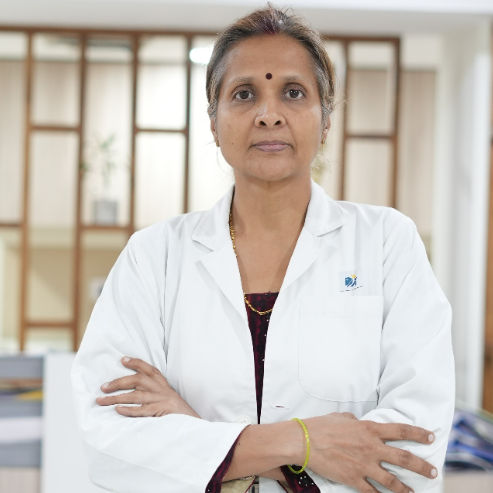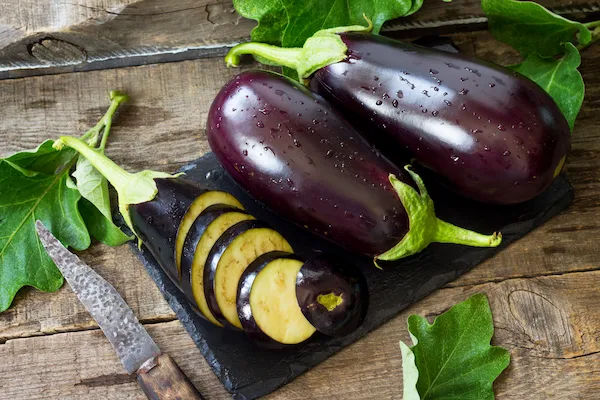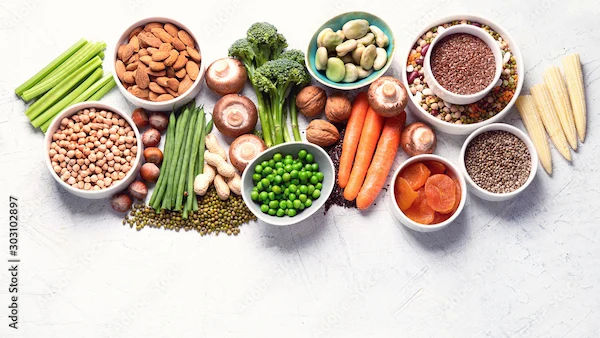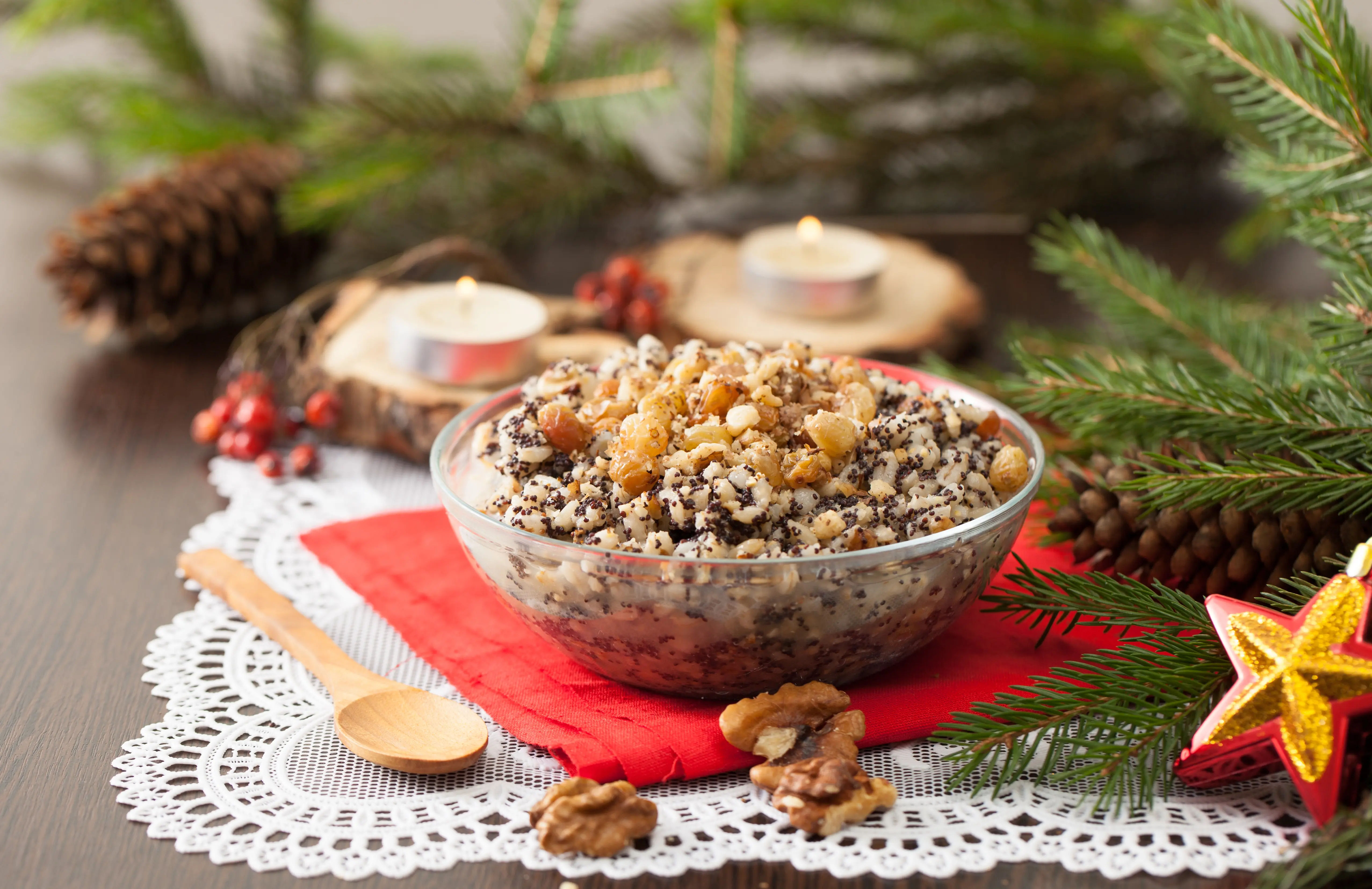Piles vs Fissures: Understanding the Risks
Know about the piles and fissures, understanding the risk, what are piles and anal fissures, common symptoms, causes, key differences and how to manage them and more.

Written by Dr. Dhankecha Mayank Dineshbhai
Reviewed by Dr. Rohinipriyanka Pondugula MBBS
Last updated on 20th Aug, 2025

Introduction
Dealing with discomfort in the anal area can be embarrassing and painful, but understanding the difference between piles (hemorrhoids) and anal fissures is the first step toward proper treatment. Both conditions share similar symptoms but have different causes and treatments. Let’s break them down in simple terms to help you identify and manage them effectively.
What Are Piles (Hemorrhoids)?
Piles, also called hemorrhoids, are swollen veins in the lower rectum and anus. They can be internal (inside the rectum) or external (under the skin around the anus).
Common Symptoms of Piles
The common symptoms of piles include:
- Painless bleeding (bright red blood on toilet paper or in the stool)
- Itching or irritation around the anus
- Swelling or a lump near the anus (in external piles)
- Discomfort while sitting
What Causes Piles?
The causes of piles include:
- Straining during bowel movements (common in constipation)
- Pregnancy (due to increased pressure on pelvic veins)
- Chronic diarrhea or constipation
- Sitting for long periods (especially on the toilet)
- Low-fiber diet leading to hard stools.
Consult Gynaecologist for Personalised Advice
What Are Anal Fissures?
An anal fissure is a small tear in the thin, moist tissue (mucosa) lining the anus. It often occurs after passing hard or large stools and can cause sharp pain.
Common Symptoms of Anal Fissures
The common symptoms of anal fissures include:
- Sharp pain during and after bowel movements (can last for hours)
- Bright red blood on stool or toilet paper
- Visible tear or crack around the anus
- Itching or burning sensation
What Causes Anal Fissures?
The causes of anal fissures include:
- Chronic constipation or straining
- Hard, dry stools
- Diarrhea over a long period
- Childbirth (in women)
- Inflammatory bowel diseases (like Crohn’s disease)
Key Differences Between Piles and Fissures
How to Manage and Prevent Piles & Fissures
Tips to manage and prevent piles and fissures include:
1. Dietary Changes
- Increase fiber intake (fruits, vegetables, whole grains, lentils) to soften stools.
- Drink plenty of water (8-10 glasses daily) to prevent constipation.
- Avoid spicy, oily, and processed foods that can worsen symptoms.
2. Healthy Bowel Habits
- Don’t strain during bowel movements.
- Avoid sitting on the toilet for too long.
- Use moist wipes instead of dry toilet paper to reduce irritation.
3 Lifestyle Adjustments
- Exercise regularly (walking, yoga) to improve digestion.
- Avoid heavy lifting if you have piles.
- Sitz baths (warm water soak) can relieve pain and promote healing.
4. Over-the-Counter (OTC) Treatments
- Piles: Creams, ointments, or suppositories with hydrocortisone.
- Fissures: Topical numbing creams or stool softeners.
When to See a Doctor?
Most cases improve with home care, but consult a doctor if:
- Bleeding is heavy or persistent
- Pain is severe and doesn’t improve
- You notice pus or excessive swelling
- Symptoms last more than 2 weeks
Treatment Options
The treatment options for piles and anal fissures include:
- For Piles: Rubber band ligation, sclerotherapy, or surgery (in severe cases).
- For Fissures: Nitroglycerin ointment, Botox injections, or minor surgery (if chronic).
Final Thoughts
Piles and fissures are common but treatable conditions. The key is to identify the symptoms early, follow a high-fiber diet, and maintain good bowel habits. If home remedies don’t help, don’t hesitate to seek medical advice.
Consult Gynaecologist for Personalised Advice
Consult Gynaecologist for Personalised Advice

Dr. Rupam Manna
Radiation Specialist Oncologist
4 Years • MBBS MD(RADIO THERAPY)
Barasat
Diab-Eat-Ease, Barasat

Dr. Sreeparna Roy
Obstetrician and Gynaecologist
8 Years • MBBS , MS (OBSTETRICS & GYNAECOLOGY), Fellowship in Infertility, Endoscopy & Ultrasonography), Fellowship in Laparoscopy & Hysteroscopy,DRM
Kolkata
Dr Utsa Basu Clinic, Kolkata

Dr. Sai Lakshmi Daayana
Gynaecological Oncologist
18 Years • MBBS, MRCOG
Hyderabad
Apollo Hospitals Jubilee Hills, Hyderabad
(200+ Patients)
Dr. Navin Srinivasan
Gynaecological Oncologist
9 Years • MBBS, MS DNB(OBS-GYNAE), MCH (GYNAE ONCOLOGY)
Bengaluru
Apollo Clinic Mahadevapura, Bengaluru

Dr Bhawna Garg
Gynaecological Oncologist
26 Years • MBBS, MS, (PGI MS ROHTAK) FELLOWSHIP GYNECOLOGY ONCOLOGY, (CANCER INSTITUTE CHENNAI)
Delhi
Apollo Hospitals Indraprastha, Delhi
Consult Gynaecologist for Personalised Advice

Dr. Rupam Manna
Radiation Specialist Oncologist
4 Years • MBBS MD(RADIO THERAPY)
Barasat
Diab-Eat-Ease, Barasat

Dr. Sreeparna Roy
Obstetrician and Gynaecologist
8 Years • MBBS , MS (OBSTETRICS & GYNAECOLOGY), Fellowship in Infertility, Endoscopy & Ultrasonography), Fellowship in Laparoscopy & Hysteroscopy,DRM
Kolkata
Dr Utsa Basu Clinic, Kolkata

Dr. Sai Lakshmi Daayana
Gynaecological Oncologist
18 Years • MBBS, MRCOG
Hyderabad
Apollo Hospitals Jubilee Hills, Hyderabad
(200+ Patients)
Dr. Navin Srinivasan
Gynaecological Oncologist
9 Years • MBBS, MS DNB(OBS-GYNAE), MCH (GYNAE ONCOLOGY)
Bengaluru
Apollo Clinic Mahadevapura, Bengaluru

Dr Bhawna Garg
Gynaecological Oncologist
26 Years • MBBS, MS, (PGI MS ROHTAK) FELLOWSHIP GYNECOLOGY ONCOLOGY, (CANCER INSTITUTE CHENNAI)
Delhi
Apollo Hospitals Indraprastha, Delhi
.jpeg)


.webp)
